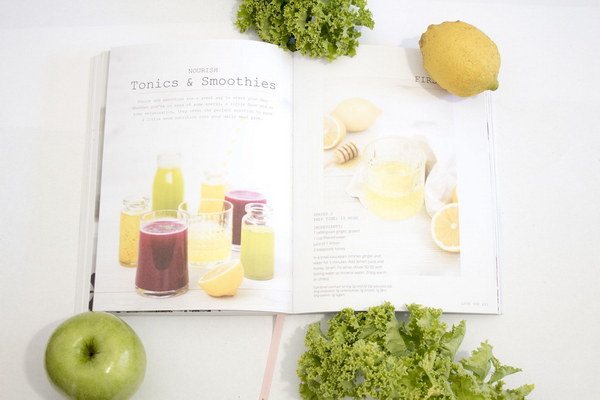The Ultimate Guide to Nutritional Supplements for Pregnant Women
Pregnancy is a unique and transformative time in a woman's life. It's a period where the body undergoes significant changes to support the growth and development of the baby. One of the most crucial aspects of pregnancy is ensuring that the mother receives adequate nutrition. This article aims to provide an ultimate guide to nutritional supplements for pregnant women, offering insights into what to eat and when, as well as the importance of maintaining a balanced diet during pregnancy.
Firstly, it's essential to understand the nutritional requirements of a pregnant woman. The American College of Obstetricians and Gynecologists (ACOG) suggests that pregnant women require an extra 300 calories per day, depending on their pre-pregnancy weight and the stage of pregnancy. This additional caloric intake is necessary to support the baby's growth and development.
One of the most critical nutrients during pregnancy is folic acid. ACOG recommends that all women of childbearing age consume 400-800 mcg of folic acid daily to reduce the risk of neural tube defects in their developing babies. Folic acid can be found in a variety of food sources, including leafy green vegetables, fortified cereals, and legumes. However, it's often recommended that pregnant women take a prenatal vitamin containing folic acid to ensure they receive the recommended daily allowance.
Calcium is another vital nutrient for pregnant women. It's essential for the baby's bone and teeth development, as well as for maintaining the mother's bone density. ACOG recommends that pregnant women consume 1,000 mg of calcium daily, which can be obtained from dairy products, leafy green vegetables, and fortified foods. Again, a prenatal vitamin can help ensure an adequate intake of calcium.
Iron is crucial for the production of hemoglobin, which carries oxygen throughout the body. During pregnancy, the body's iron needs increase to support the growing fetus and blood supply. ACOG suggests that pregnant women consume 27 mg of iron daily, which can be found in red meat, poultry, fish, legumes, and fortified cereals. To aid absorption, it's important to consume vitamin C-rich foods, such as citrus fruits, strawberries, and bell peppers, with iron-rich foods.
Protein is also a vital nutrient during pregnancy, as it's essential for the growth and development of the baby. The ACOG recommends that pregnant women consume an additional 25 grams of protein daily, which can be obtained from lean meats, poultry, fish, dairy products, legumes, and eggs. Including a variety of protein sources in the diet is crucial to ensure a balanced intake of essential amino acids.
Omega-3 fatty acids, particularly DHA, are important for the baby's brain and eye development. The ACOG suggests that pregnant women consume at least 200-300 mg of DHA per day, which can be found in fatty fish such as salmon, sardines, and mackerel. For those who avoid fish due to mercury concerns, algae-based DHA supplements are an excellent alternative.
In addition to these key nutrients, it's important to maintain a balanced diet that includes a wide variety of fruits, vegetables, whole grains, and lean proteins. This will help ensure that pregnant women receive a diverse array of vitamins and minerals that support their health and the health of their baby.

While supplements can help fill nutritional gaps, it's crucial to prioritize whole food sources whenever possible. This approach ensures that pregnant women receive not only the necessary nutrients but also the fiber, antioxidants, and other beneficial compounds found in whole foods.
In conclusion, maintaining a balanced diet and incorporating essential nutrients through both food and supplements is vital during pregnancy. By focusing on folic acid, calcium, iron, protein, and omega-3 fatty acids, pregnant women can support their health and the development of their baby. Remember to consult with a healthcare provider before starting any new supplement regimen, as they can provide personalized recommendations based on individual health needs.









